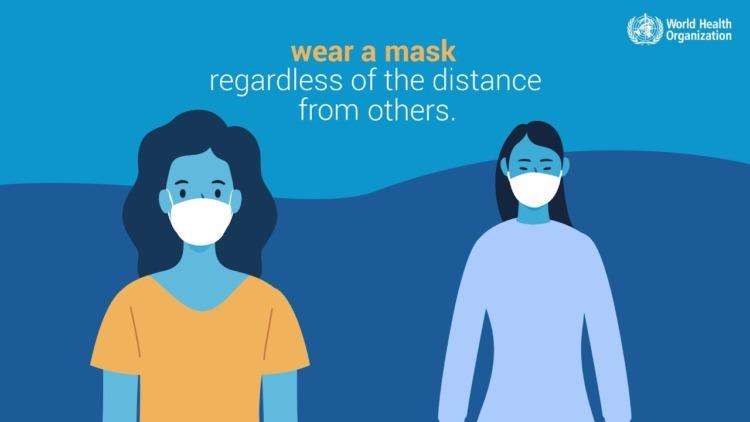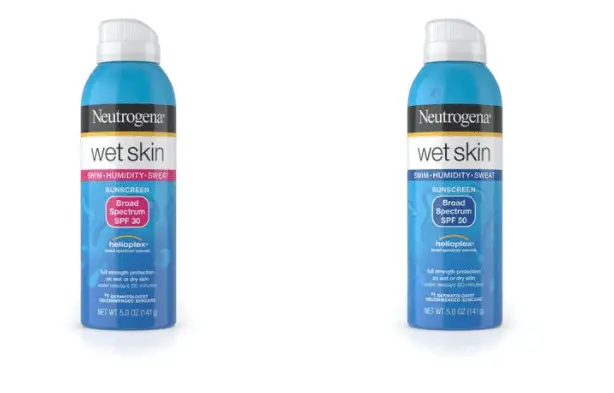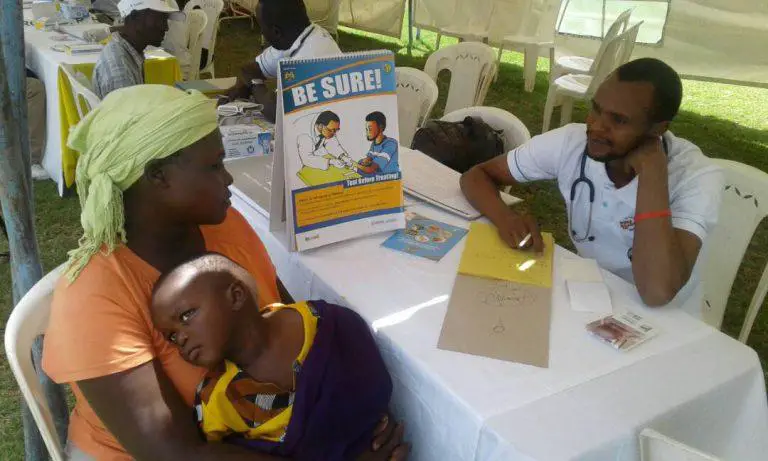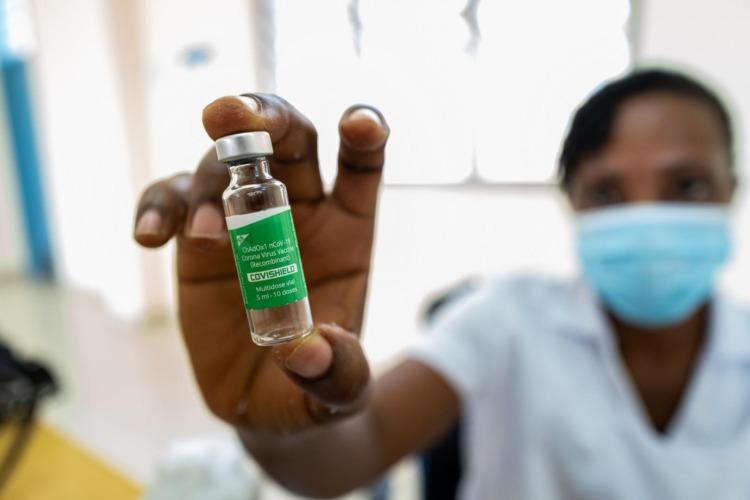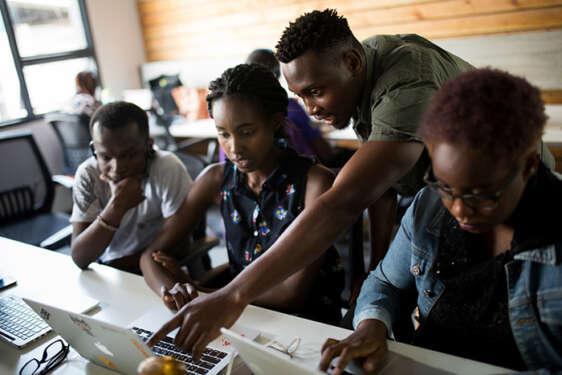- Agribusiness could drive Africa’s economic prosperity
- Dawood Al Shezawi: Why AIM Congress 2024 is the epicenter of global economic and cultural dialogues
- d.light’s 600,000 cookstoves project verified as top source of quality carbon credits
- Artificial intelligence (AI) could create a turning point for financial inclusion in Africa
- AIM Congress 2024: Catalysing global investments with awards
- Kenya’s economic resurgence in 2024
- The most stressful cities to live in 2024 exposed
- Tech ventures can now apply for the Africa Tech Summit London Investment Showcase
Author: Kawira Mutisya
Yvonne Kawira is an award winning journalist with an interest in matters, regional trade, tourism, entrepreneurship and aviation. She has been practicing for six years and has a degree in mass communication from St Paul’s University.
Is this achievable?
Litigation finance is one of many asset types available across the world.
According to a report released by RPC in March 2021, the total value of court cases in the pipeline and cash assets directly held by UK litigation funders hit a record high of £2 billion last year. It indicates continued growth in demand for litigation financing by claimants, hoping that this figure will continue to rise.
As the world becomes more liberalized, litigation financing becomes more prevalent for claimants with genuine domestic lawsuits and international arbitration concerns. Therefore, understanding litigation finance is more important than ever for legal counsel, claimants, and investors. At Investment Owl, we hear many of the same questions from potential investors approaching litigation funding for the first time.
What is Litigation Financing?
Litigation financing entails a third party paying for some or all of the legal fees associated with one or more court cases …
The first 1000 days after conception are very vital in a child’s life. This is a formative stage where the child needs nutrients and protection to enable them to thrive. Children who lack these key nutrients during the 1,000 days between conception and the age of two become stunted permanently.
This also makes them more predisposed to diseases as they are weaker.
According to data from the African Development Bank (AfDB), statistics from two years ago show that two out of five of the world’s stunted children under the age of five were living in Africa. This is an increase from the 2017 data that showed that only over one-third of five children were stunted.
Also Read:Safeguarding food security, nutrition in East Africa in the pandemic era
Africa is the only region in the world where the number of stunted children has risen in the past several years. This …
This is the message being emphasised by Africa Centres for Disease Control and Prevention (Africa CDC) as the world pushes for continuous usage of masks in a bid to stop the spread of COVID-19.
“As the pandemic continues to spread, we must fight against pandemic fatigue and continue masking to protect our friends, our families, our communities, and the world,” reads a statement from Africa CDC.
According to the World Health Organisation (WHO) every three weeks, the new Delta variant cases keep doubling. This is not a good sign. WHO data shows that a third wave has now been reported in 16 countries. This includes nine countries that are currently experiencing surging cases.
The World Health Organisation has classified each emerging variant as either a Variant of Concern (VOC) or a Variant of Interest (VOI). The Alpha, Beta, Gamma and Delta variants fall under Variants of Concern. Whereas the Eta, …
Johnson & Johnson has recalled five of its aerosol sunscreen products.
The firm announced on Wednesday that it would like to voluntarily recall all lots of five EUTROGENA® and AVEENO® aerosol sunscreen product lines to the consumer level.
“Internal testing identified low levels of benzene in some samples of the products. Consumers should stop using the affected products and follow the instructions set forth below.” The healthcare giant said in a statement.
What Benzene really is
According to an information kit from the Center for Disease Control and Prevention (CDC), benzene is a chemical that is a colourless or light yellow liquid at room temperature. It has a sweet odour and is highly flammable.
CDC says that direct exposure of the eyes, skin, or lungs to benzene could cause tissue injury and irritation however, presenting with these signs and symptoms does not necessarily mean that a person has …
Tuberculosis and Malaria have been a thorn in the flesh of the country’s health sector.
This is why Amref Health Africa in Kenya has signed a Global Fund Tuberculosis and Malaria grant of Ksh 7.6 billion ($70,416,010).
The fund will be split into two portions: towards control of TB a total of (KES 5.6 billion) ($51,875,868) has been set aside, and to control Malaria (KES 1.8 billion) ($16,674,386) has been earmarked.
According to information from Amref, this is a 3-year project that is set to be implemented between the year 2021 and 2024 with the help of implementing partners.
Kenya’s ministry of health says that TB remains a global and national public health concern. Globally, 104 million people are infected with TB of which nearly 1.5 million die each year. In Kenya, TB is the fifth leading cause of death. In 2019, Kenya reported and treated 86,504 cases of TB …
Three countries in Africa are being considered for regional vaccine production, the World Bank International Finance Corporation has declared. The three states include South Africa, Senegal, and Rwanda where investment towards setting up vaccine production is at an advanced stage.
Why is this necessary now?
When Covid-19 struck the continent and governments rushed to bring in vaccines to manage the global health crisis, the roll out of vaccines within the continent was marred by delays, scarcity and uncertainties.
In Kenya for instance, when the first consignment came in, there was a wave of uncertainty that swept across the country especially because the government could not ascertain the availability of the second dose of the vaccine. However, 358,700 doses of the AstraZeneca-Oxford Covid-19 vaccine have just been received in Nairobi in a bid to help the government administer the vaccines to the population and manage the crisis.
Meanwhile Zimbabwe has run …
With almost 60 per cent of its people aged below 25 years, Africa is home to the world’s youngest population. This is an asset! It represents a huge workforce in waiting, one that must be nurtured and protected above and beyond.
According to Dr. Githinji Gitahi, Global Chief Executive Officer (GCEO), AMREF Health Africa, now more than ever, youth are actively dismantling barriers to development and social justice through innovation and accountability in a way that only young people can.
The challenges
AMREF’s recently launched Health Africa Global Youth and Adolescent Strategy 2021-2022 shows that young people in Africa remain disproportionately left behind in health and social development, including having a higher risk of HIV infection, experiencing early and unwanted pregnancies, higher risk of maternal deaths among adolescents, increased incidences of mental health illness, and increased barriers to health care access.
Even more crucial is the lack of information and …
Kenya’s Health Cabinet Secretary Mutahi Kagwe has recently signed a new cooperation agreement with Cuban Minister of Public Health, Dr. Jose Angel Portal Miranda. The agreement is expected to ensure that 101 Cuban specialists travel to Kenya as part of a medical exchange programme.
Kenya’s healthcare system was devolved into the county governments from the national one after the promulgation of the new constitution in August 2010. The country is now divided into 47 counties under 47 governors.
The process of devolution is one of the main pillars of this constitution, which partly means that the public decision-making process and a significant part of implementation fall under regional leadership. So when it comes to healthcare, the county governors are essentially responsible for decision-making as well as controlling resources within their county jurisdictions with regard to the health sector.
What’s ailing Kenya’s healthcare system?
A report by Africa Health Business shows …
Blood donation has fallen significantly in the African continent in the wake of the COVID-19 pandemic causing widespread disruptions to key health services, lives and livelihoods. This is according to a report by the World Health Organisation (WHO).
An analysis by WHO found that the frequency of blood drives in the African region has dropped by 25 per cent and demand for blood declined by 13 per cent, with the suspension of routine surgeries in some countries and fewer people seeking care in health facilities. Around seven million people in the region need blood transfusions every year.
Just half of the blood needed for transfusion each year in Africa is collected, leaving many facing life-threatening shortages. The pandemic has further worsened the shortfall, with donations dropping by 17 per cent over the past year according to the WHO.





